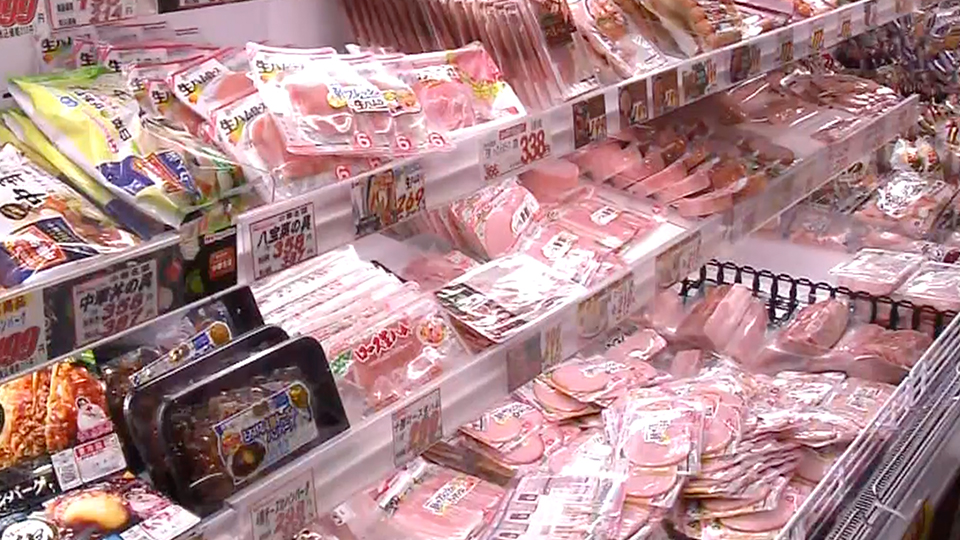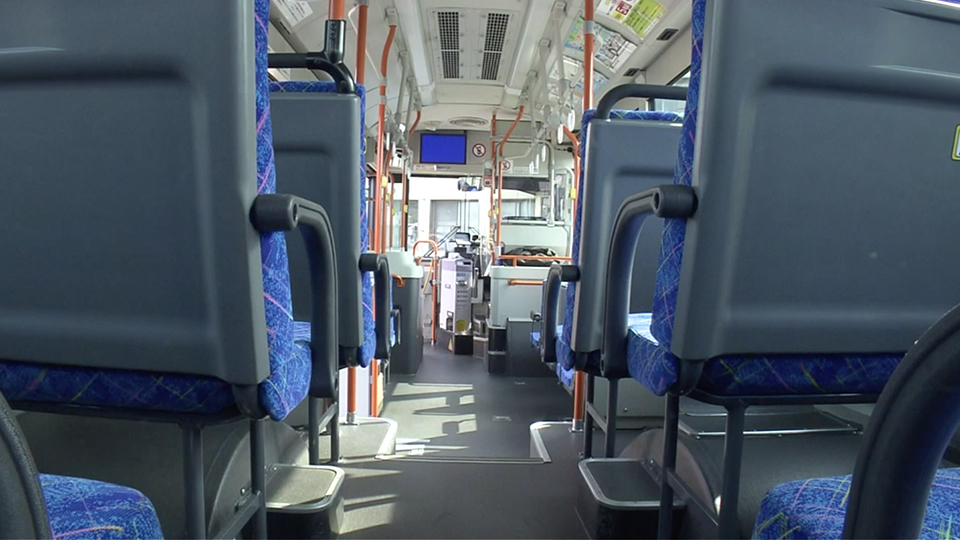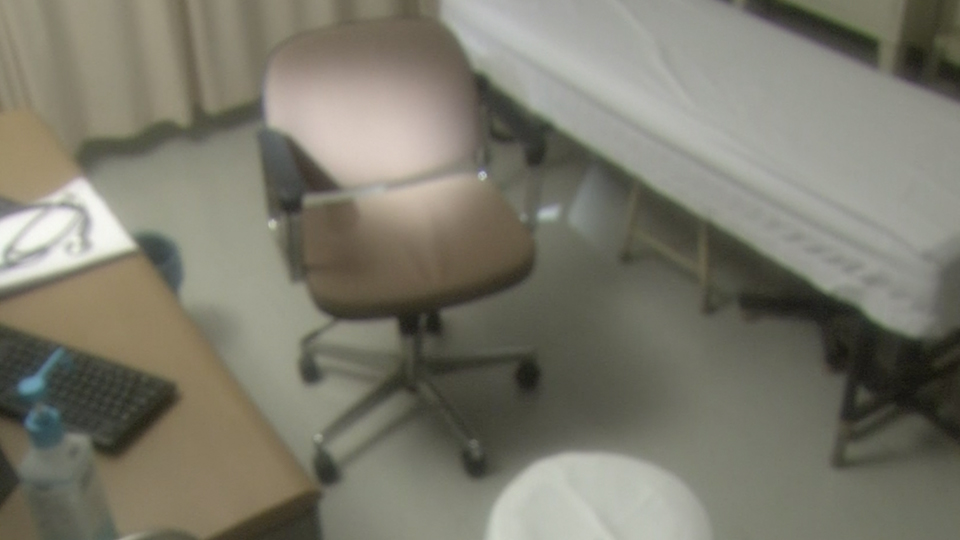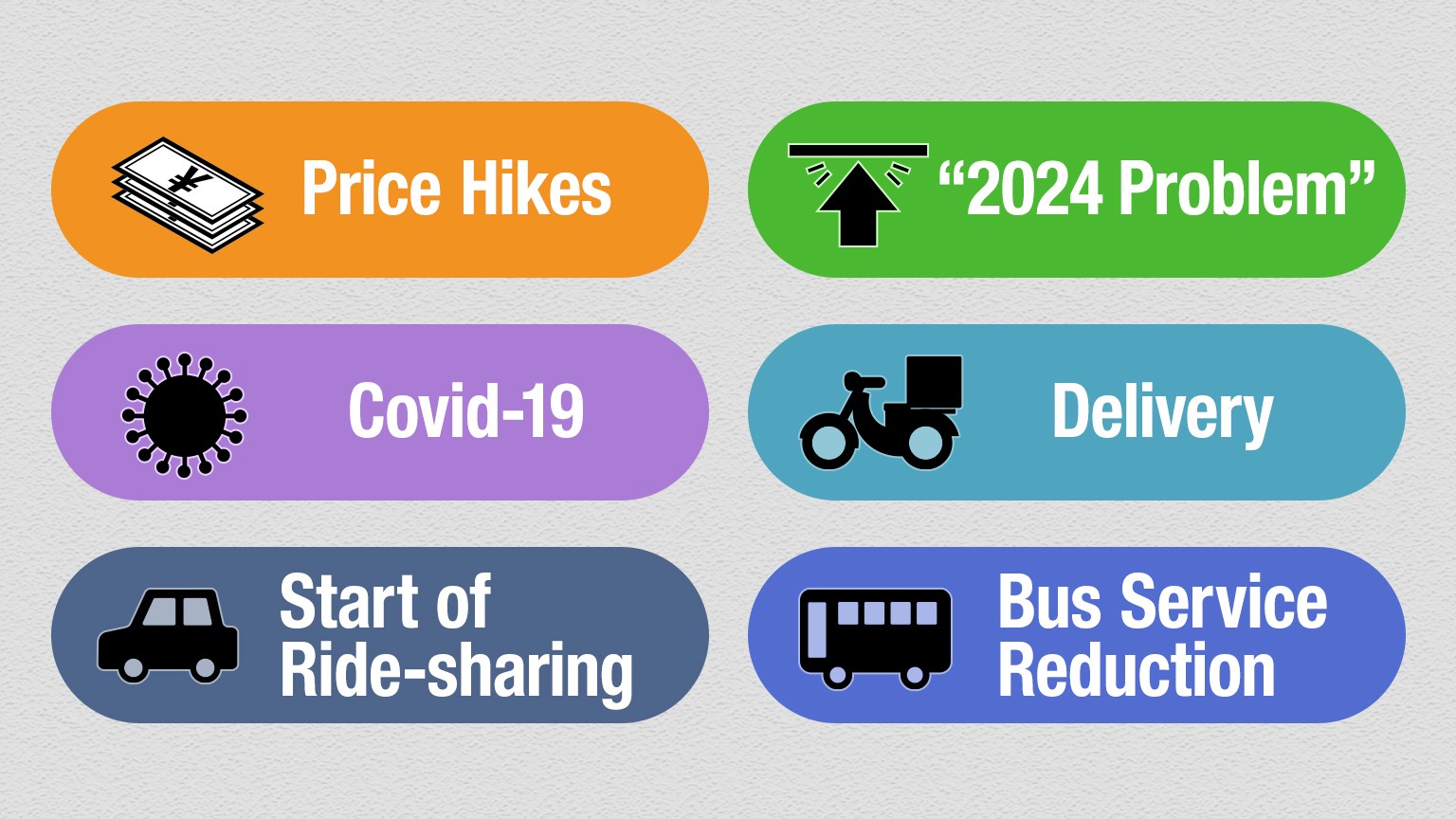Prices of 2,800 food items rise

A survey by research firm Teikoku Databank shows that the prices of 2,806 items will increase in April. Some will cost the same but the volume will be reduced.
More than 2,000 of the items are frozen food and other processed food, including hams and sausages. Prices will rise on nearly 370 condiments, such as broth products and ketchup, and about 290 alcoholic and other beverages.
The average rate of increase is about 23 percent in yen terms.
Teikoku Databank says food and beverage producers are adding rising logistics and labor costs to prices.
"2024 problem" in logistics
A cap on overtime work for bus, taxi and truck drivers took effect on Monday in Japan. In principle, the upper limit of overtime work in the transport industry is 45 hours a month, and 360 hours a year.
The move, which is aimed at easing the workload of truckers, is prompting businesses to boost efficiency in how they ship goods. A private think tank estimates that if no measures are taken, the cap on overtime work could reduce transportation capacity by about 35 percent by 2030.

In December, convenience store chain Lawson began reducing deliveries of boxed meals to some of its stores from three times a day to two.
FamilyMart has been tapping the logistics network of Coca-Cola Bottlers Japan since February for some of its stores near Tokyo.
On the other hand, parcel delivery companies Sagawa Express raised its delivery fees by an average of about 7 percent, and Yamato Transport also raised its delivery fees by an average of about 2 percent.
The companies say the move is aimed at improving the working conditions of its employees, including subcontractors, and to deal with rising fuel prices and the "2024 problem."
Bus services reduced, ride-sharing boosted in urban areas

Three bus operators in and around Sapporo City in Hokkaido, have, from April, reduced their bus services by a total of more than 400.
Nishi-Nippon Railroad has from April moved up the time of its last bus service by more than 30 minutes on 12 percent of its bus routes in the Fukuoka area, western Japan, to secure free time for drivers in response to the "2024 problem." The company also cut the number of bus services on 42 routes in the area.
On the other hand, ride-sharing will be available under the management of taxi companies in areas that are short of cabs. The service will start in April for a limited number of days, hours and areas in Tokyo, Kanagawa, Aichi, and Kyoto prefectures.
From May onwards, if taxi companies wish to do so, ride-sharing services will also be available in Sendai City, parts of Saitama Prefecture, as well as the Sapporo, Chiba, Osaka, Kobe, Hiroshima and Fukuoka areas.
Changes in medical services
Doctors will also see a cap on overtime. The upper limit is now 960 hours a year, and 1,860 hours a year if physicians have no choice but to exceed the limit in order to secure local medical care systems.

Measures against the coronavirus have also changed. The maximum payment for coronavirus drugs had been capped at 9,000 yen, or about 60 dollars, for each patient. But the cap has ended as of April 1. More people will now have to pay more out of their own pockets.
Also from this month, hospitals that accept coronavirus patients will no longer receive special subsidies.
